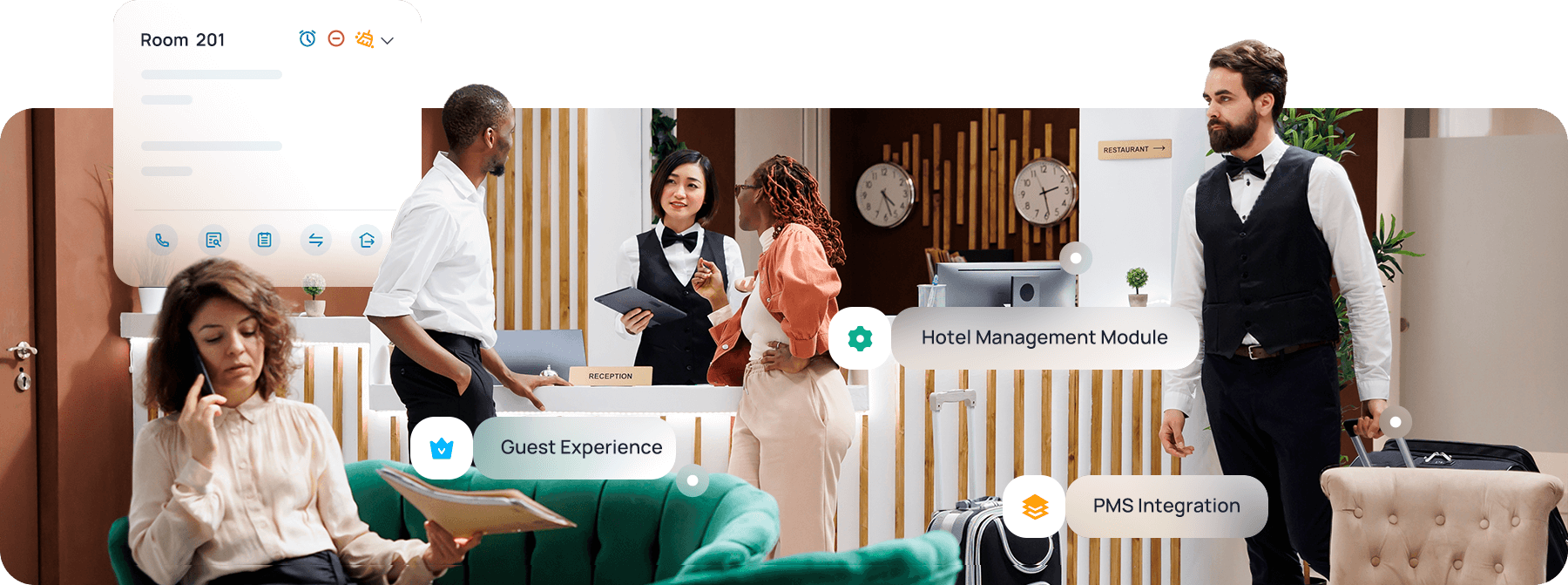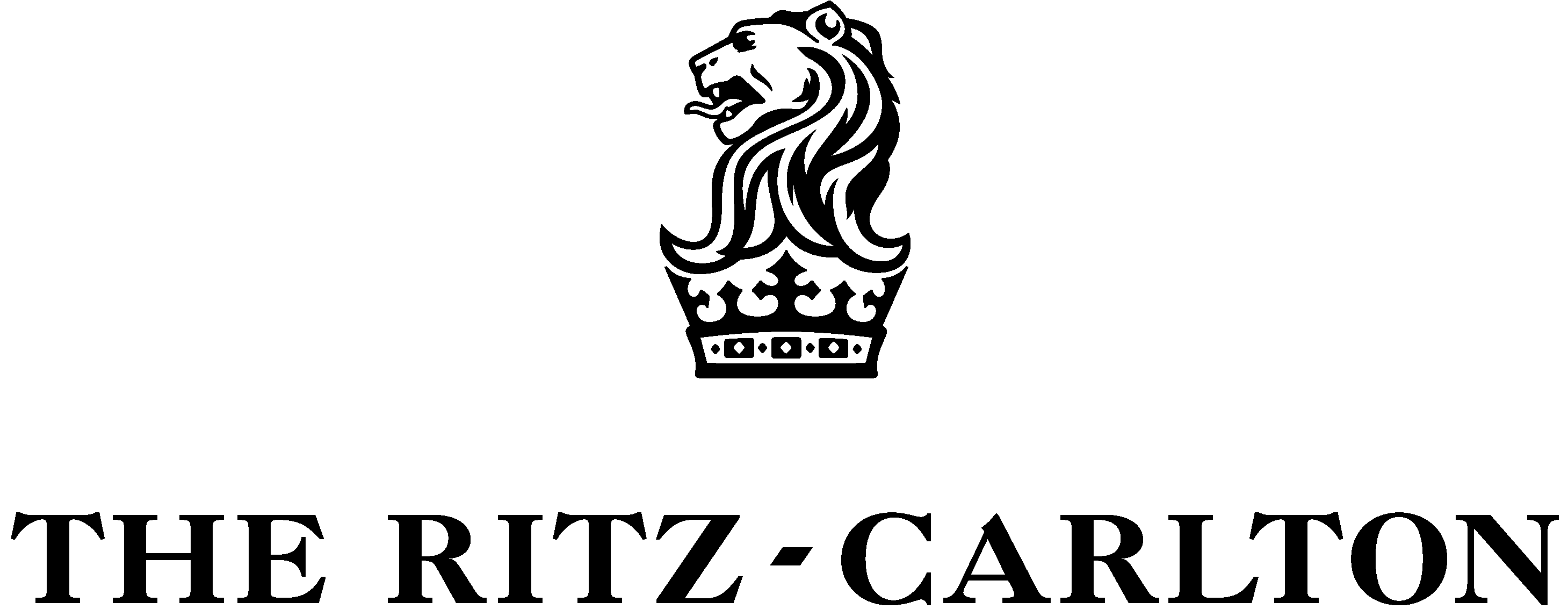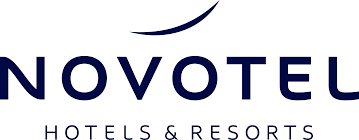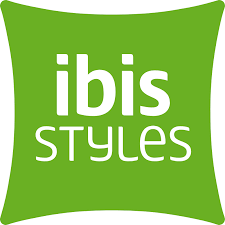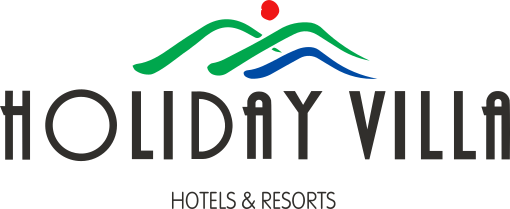Keep your hotel operating at maximum efficiency while giving your guests a five-star experience.
Yeastar P-Series Phone System offers an all-around upgrade to your hotel communications infrastructure with PBX-inbuilt hotel management module and the ready-made PMS integration, catering to hotels of all sizes. Supporting a mix of analog and IP networking, it is compatible with the majority of hotel phones, and offers call accounting, voicemail, room status, and more hospitality-centric features that take your hotel communications and services to the next level.
The best hotel phone system with all you need
Unify all future-proof UC features for scalable business growth
Embedded hotel management to streamline daily operations
Seamless integration with popular PMS systems
Support auto-provisioning 400+ hotel phones
Easy for everyone with less admin burden
Guarantee of little-to-no system downtime
PBX-Integrated Hotel Management Module
An ideal choice for small to medium-sized hotels. See how it centralizes both front desk and back office functions, streamlining your daily hotel operations. Download the solution brochure for more information.
Intuitive Room Panel
Present a digitalized front desk with an intuitive room list. Easily manage room status, access guest information, check in and out, handle billing and more — all within a few clicks from
the user-friendly interface.
One-click check in and out
Advanced filters for quick searching
Easily switch room status for housekeeping
Simplify call accounting and billing
Support group/bulk operations
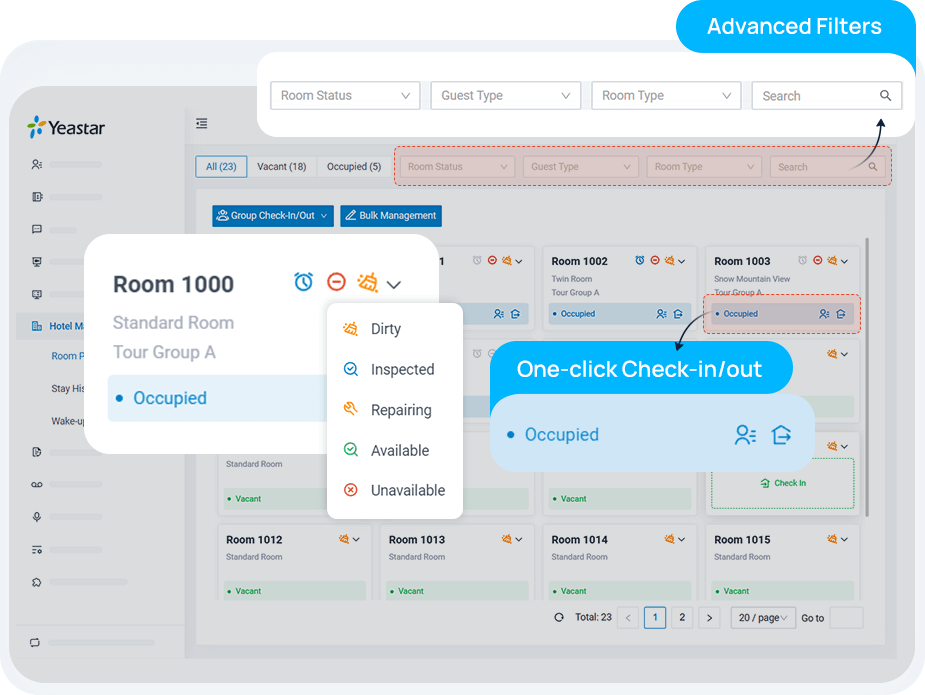
Wake-up Service Management
Schedule and manage wake-up calls easily using task views. With colored task status filters, keep track of all wake-up call tasks in one view, click to redial failed ones, or add/cancel
ones quickly.
Guests can also arrange wake-up calls directly from their room phone, with self-service wake-up options available.
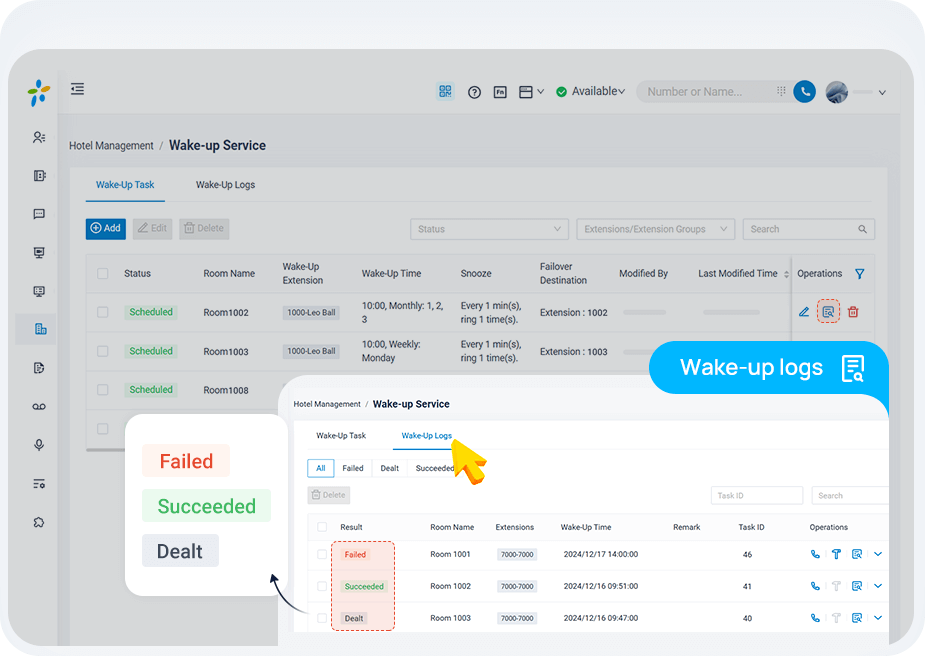
Guest Stay History
With a comprehensive stay history, hotel staff can quickly track all past stays, current check-ins, room change records, and billing details. This enables employees to
easily recognize returning guests and provide personalized services based on their preferences.
Advanced filters allow for effortless sorting and downloading of stay records and billing information, significantly enhancing the efficiency of hotel day-to-day
operations.
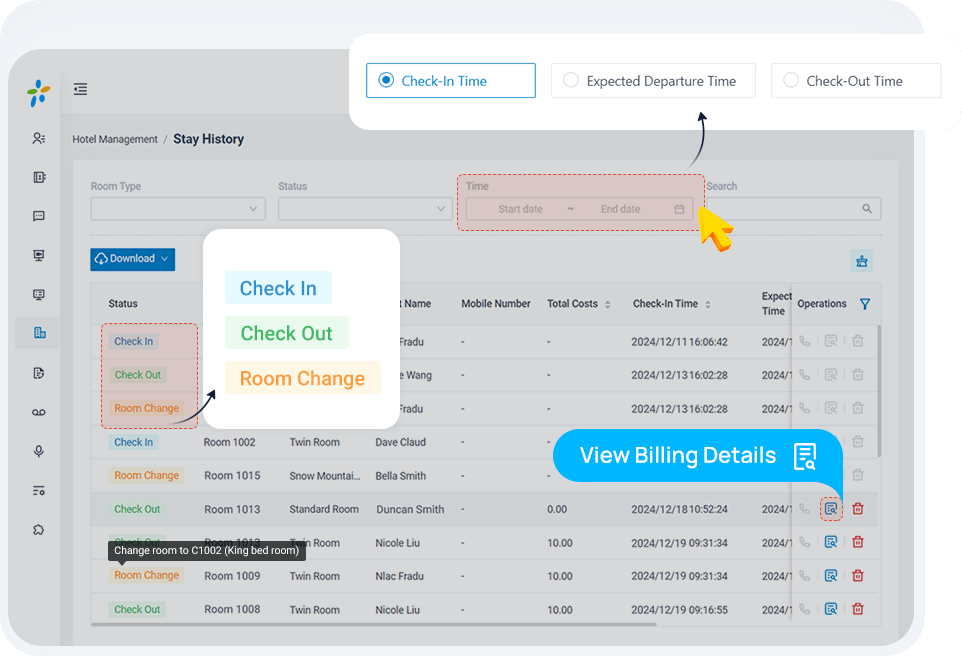
Hotel Settings & Room Management
Enhance hotel service quality with back office features such as custom room status , automatic call accounting, and branded invoices. Reduce the admin workload with a unified settings
interface.
Set up hotel basics, currency, billing info and more.
Manage room types and status (housekeeping, repairs, etc.) from a single spot.
Control room call rules, allowing granular settings for room-to-room and outbound calls per. mission.
Configurewake-up call rules directly from the interface.
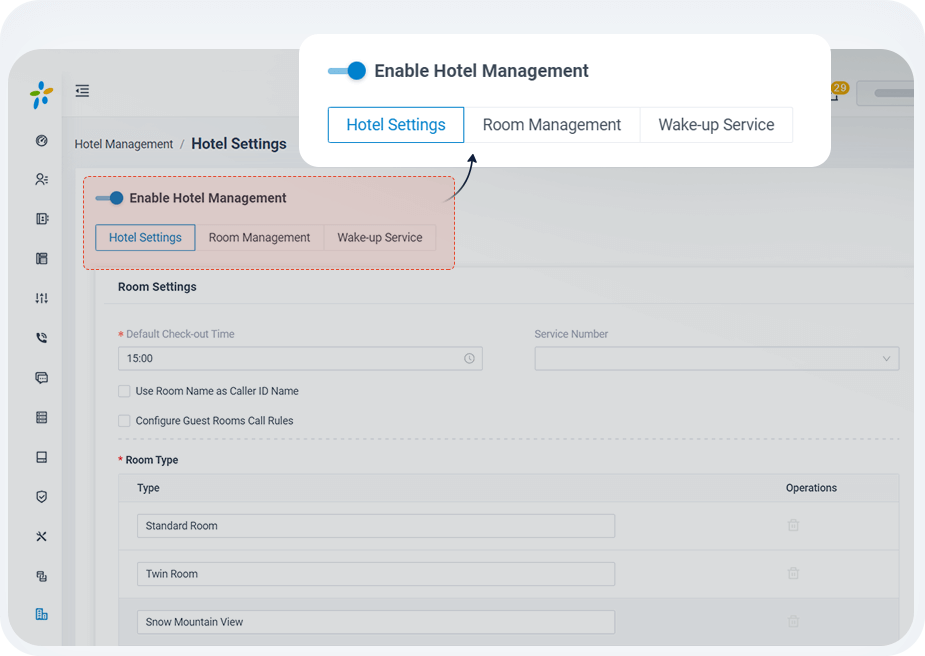
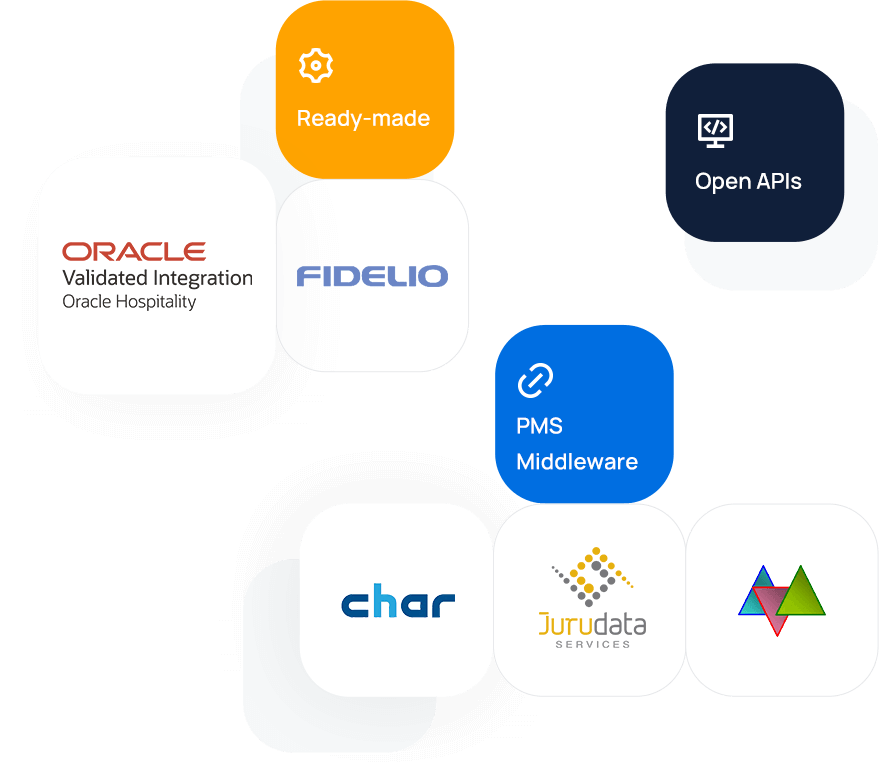
Streamlined Operations with Hotel PMS Integration
Automate your following front desk and housekeeping functions with our powerful property management system (PMS) integrations. Enjoy the convenience of the ready-made integrations with Oracle Hospitality Opera, Micros-Fidelio, and other PMS supporting FIAS protocol, or build your own custom integration via tested PMS middleware or via PBX’s inbuilt open APIs.
Check-in/check-out
Minibar Charges
Guest Caller Name Display
Room Status
Wake-up Call scheduling
Housekeeping Status
Call Accounting
Do-Not-Disturb Status
Show more details
Guaranteed guest satisfaction with hotel tasks made easy
Check in and check out of guests (via PMS)
Always show guest name on calls for custom greetings
Automate your wake-up call services scheduled on PMS
Sync ‘Do Not Disturb‘ status setting from PMS to room phone
Enable maid codes to update a room’s housekeeping status via phone
When room change, automatically update guest name to new room
Get everything ready for billing and new guests with an easy checkout
Automatically collect room call data & add telephony charges to guest bills
Post minibar charges in real-time by dialing a code on room phone
Automatically blocks external calls when a room is not occupied
Automatically delete the guest’s voicemails when guest checkout
Complete Hotel PBX Features. Amazing Experience
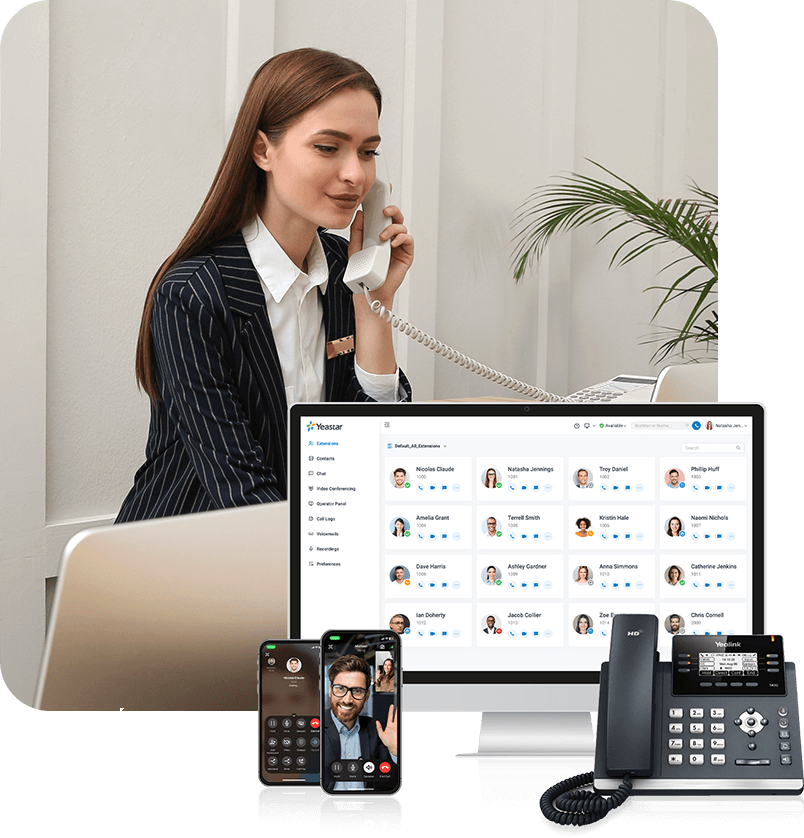
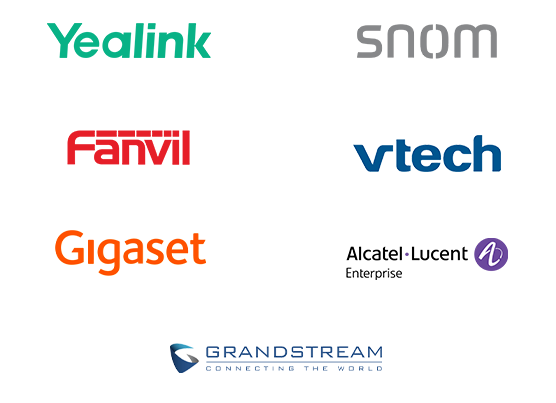
Hotel Phone Integrations
Use your existing hotel phones and plug-and-play. Yeastar hotel PBX systems support auto provisioning SIP endpoints from most hotel phone vendors like Vetch, Fanvil, Snom, Grandstream, Yealink, and more. We also have gateways to connect your analog phones. This means your phones can be automatically configured without manual intervention. It’s efficient and hassle-free.
Hotel PBX Telephony Infrastructure
Whether you need a new deployment to your property or to upgrade your existing analog system,
Yeastar all-in-one hospitality solutions has you covered.
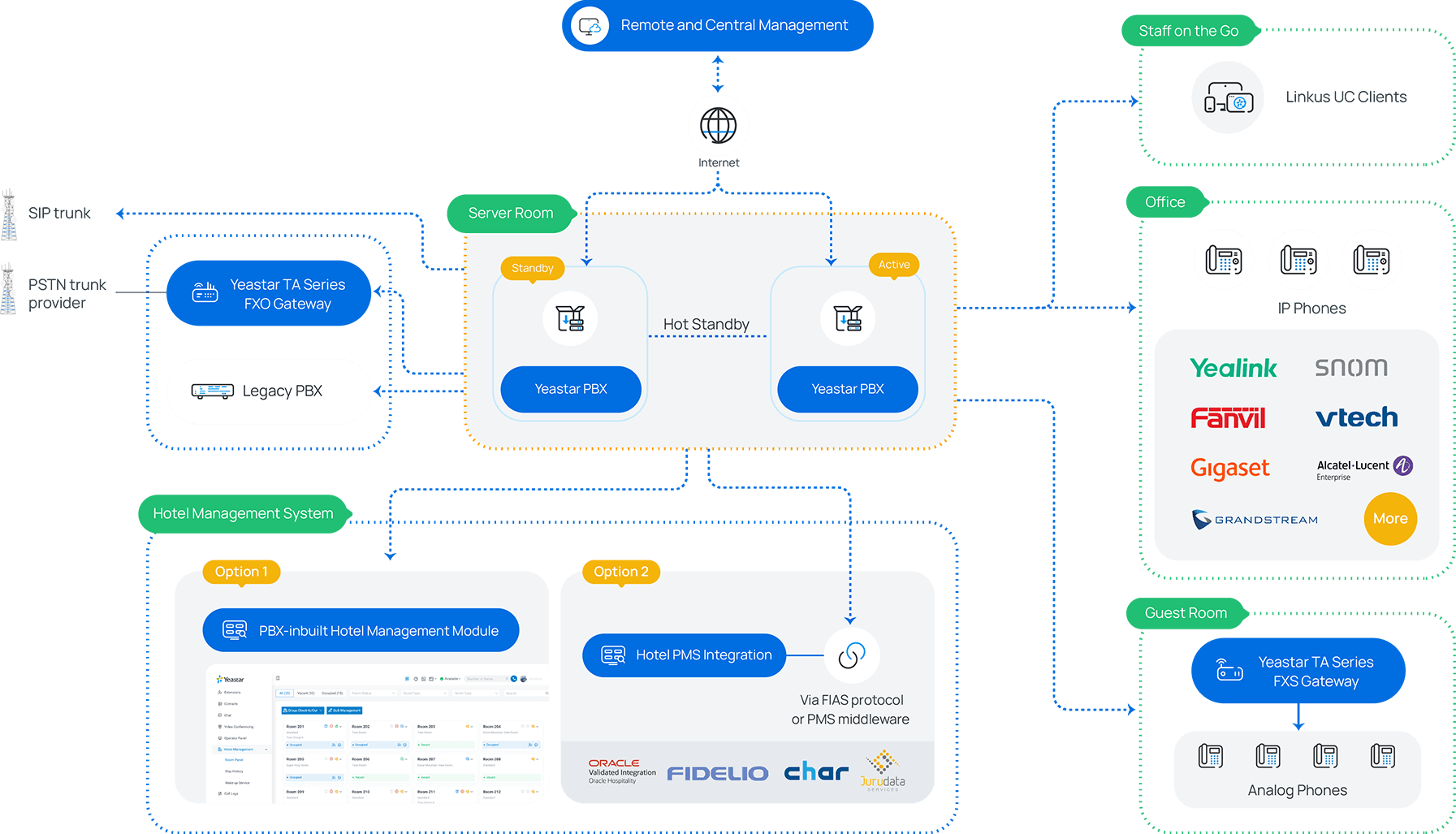
Contact us today to get more information
What is a hotel phone system?
A hotel PBX system is a communication infrastructure specifically designed for hotels to handle their internal calls and external communication needs. It enables guests to make and receive calls within the hotel, as well as connect with outside lines, such as room service, front desk, or other hotel departments.
What are the must-have hotel phone features?
When it comes to PBX phone systems for hospitality industry, there are several features that can greatly enhance the customer service and improve operational efficiency. Here are some Yeastar hotel phone system feature for your reference:
IVR/Auto Attendant: Provide self-service call menus and automatically route callers to the right destination.
Wake-up Calls: A wake-up call feature enables guests to schedule automated wake-up calls at their desired time, ensuring they don’t miss appointments or flights.
Voicemail: A voicemail feature allows guests to leave messages when they are unable to answer a call. This ensures that important information is not missed and provides a convenient way for guests to communicate with the hotel.
Room Status Integration: Integrating the hotel phone system with the room status system allows for automatic routing of calls based on room occupancy. For example, calls can be directed to a different department when a room is marked as vacant or in need of service.
Housekeeping Status: Housekeeping can update the room’s cleaning status via the phone in the room which then shows in your hotel software.
Emergency Dialing. An emergency dialing feature provides easy access to emergency services like 911 or the hotel’s security team, ensuring the safety of guests and staff.
Multi-language Support. If your hotel serves international guests, having multi-language support on the phone system can be incredibly helpful for effective communication.
Integration with Property Management System (PMS). Integrating the hotel phone system with the PMS allows for seamless guest billing, integration of guest details, and personalized greetings based on guest information.
How does hotel phone systems work?
Hotel PBX connects all the phone lines and enables call management within a hotel. It’s often installed within hotel’s physical location or can be deployed in the cloud. A typical hotel telephony infrastructure often includes desk phone (analog or IP) in the rooms, PSTN/SIP trunks to connect to the outside world, and gateways to connect hardware phones with the central PBX. The central hotel phone provides features including IVR, call forwarding, property management system integration, and more to optimize communications between guests and hotel staff.
How to choose the right hotel PBX provider?
If you are considering to upgrade your traditional phone system or deploy a new business phone system for your hotels, keep in mind the following 7-factor checklist when you evaluating different hotel PBX vendors. Check here for more information.
Your requirement on user size, trunks, and others. This includes determining the number of extensions needed based on the anticipated number of staff and guest users in the future, as well as selecting the appropriate external phone lines such as analog lines, T1s, PRIs, or SIP trunking to accommodate the hotel’s business need.
Infrastructure interoperability. Evaluate if your existing hotel infrastructure can work seamlessly with the new system to reduce expenses, which can include your IP Phones, analog phone set, gateways, cabling, or trunks, etc.
Deployment location. After assessing your infrastructure and requirements, the next step is to decide between a cloud-based or on-premises communications system for your hotel. While cloud solutions are gaining popularity, the choice depends on the services provided and financial considerations, as cloud systems typically operate on an OpEx model, while on-site solutions follow a CapEx model. The decision ultimately relies on your hotel’s financial preferences and will determine the type of system to deploy.
Align hospitality needs with features. Not all hotel phone features are necessary for every hotel. It is crucial to determine which functions are essential for daily operations. Features like PMS integration and automated hotel phone system actions upon guest check-in/check-out will be practical.
Ease of Use and Management. Be cautious of hotel PBX that require you to maintain the system independently. It is recommended to select providers that offer easy-to-use devices, reliable technical support, and managed services to ensure the smooth operation of the system. Ideally, the phone system should be plug-and-play ready with built-in management features for system administrators.
System Uptime & Reliability. For hotels operating 24/7, having failover solutions is crucial to prevent business interruptions during circuit failures or phone service disruptions. It is important to ensure that your provider has a dependable disaster recovery plan in place, including options like dual-PBX standby, 4G LTE failover, and Auto Backup & Restore, to quickly restore phone services in worst-case scenarios.

